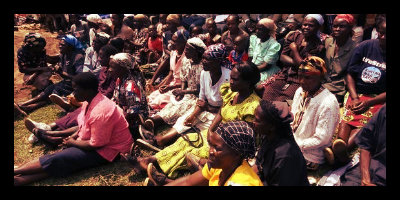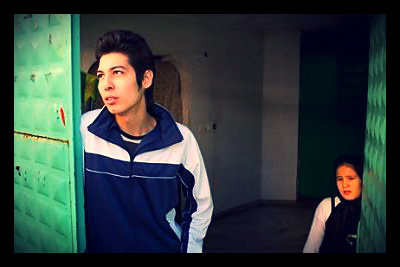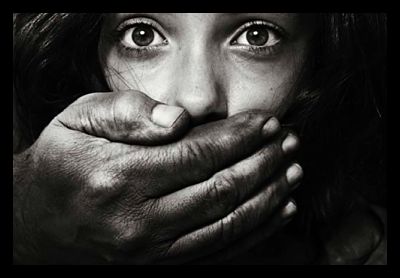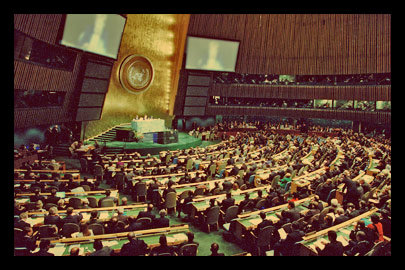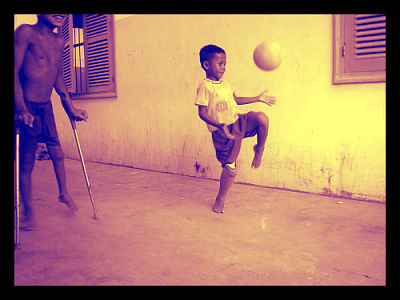
Handicap International is an “independent and impartial organization working in situations of poverty and exclusion, conflict and disaster.” Founded in 1982 to help 6,000 Cambodian amputees living in refugee camps along the Thai border, it evolved from being mainly focused towards improving the living conditions of the disabled to implementing prevention programs through “weapons and landmine clearance, risk education activities, stockpile management, and advocacy to ban landmines and cluster bombs.” This comprehensive approach comprises a series of preventive and effective actions to ensure that disabled people all over the world enjoy basic human rights and respect.
One billion people across the globe -15 percent of the world’s population- live with a disability. Today, the issue of access for the disabled is sorely under-treated in developing countries, and there are still many places with no facilities for the disabled at all. The story of Hodan, suffering from multiple disabilities including hearing, physical and intellectual impairments, is a heartbreaking illustration of this problem.
Hodan had to stay home all day long and had no friends because her school made no adjustments for disabled children. It was not until she turned 17 that she was finally able to go to school as a first grader because Handicap International set up a series of training programs to compensate for the lack of accessibility. Unfortunately, her story is just one among many. In Ethiopia alone, of the 4.8 million children living with disabilities, only 3 percent go to school according to Handicap International.
In 2011, Handicap International helped 768,050 disabled people through Health and Prevention; 424,600 through the management and distribution of aid; 332,320 through demining campaigns and 118,550 people through rehabilitation. In the past, Handicap International has intervened in crisis situations such as the Balkan wars (1993), the Rwanda Genocide (1994), the Sierra Leone civil war (1996) and the 2001 earthquake in India, to name a few examples. In total, Handicap International has operated in more than 60 countries, providing equipment and training to better the conditions of the forgotten and the ostracized.
Today, Handicap International centers its actions around the Syrian refugee crisis and condemns international inaction in the face of the atrocities committed. Thanks to its prevention and training programs, Handicap International will have helped almost 37,000 Syrians by June 2013 while teaching 9,000 others how to spot and avoid weapons and explosive war remnants.
It also launched an International Campaign to Ban Landmines which has saved thousands of lives and for which it was awarded the Nobel Peace Prize after the 1997 Mine Ban treaty was passed. It is now actively fighting to make this treaty a reality across the globe.
– Lauren Yeh
Sources: Handicap International, ICBL
Photo: Monsoon Adventure

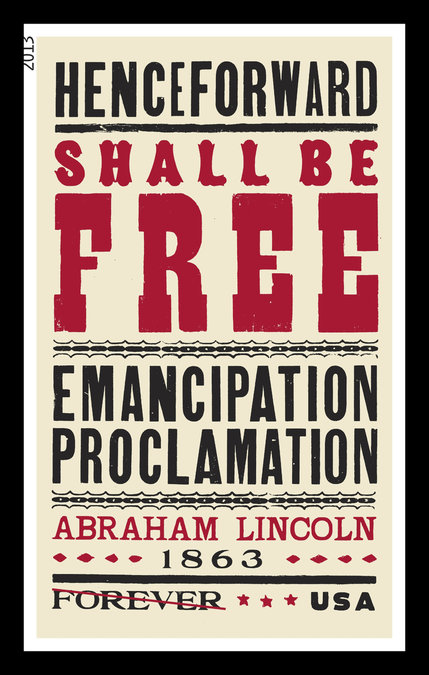
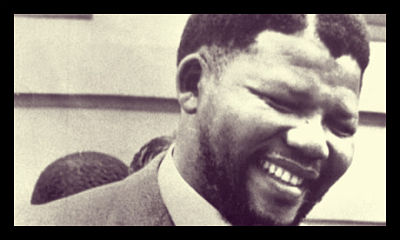
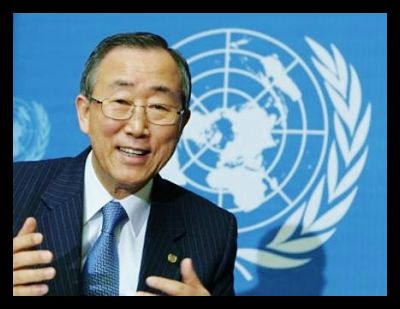
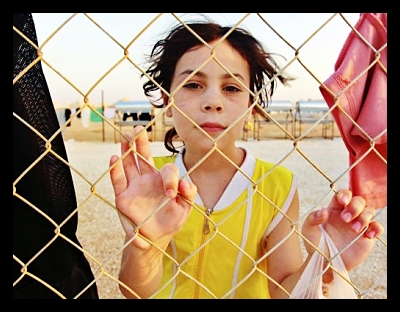 UNHCR) said more than 1.5 million Syrian civilians had fled their country to escape the civil war that had been raging there for almost two years. Dan McNorton, a spokesman for the UNHCR, said the actual number of refugees is probably much higher due to concerns some Syrians have regarding registration. In addition, approximately 4 million people have been internally displaced since the beginning of the conflict. So what does this mean for the Syrian people who are now refugees? What can be expected in the life of a refugee?
UNHCR) said more than 1.5 million Syrian civilians had fled their country to escape the civil war that had been raging there for almost two years. Dan McNorton, a spokesman for the UNHCR, said the actual number of refugees is probably much higher due to concerns some Syrians have regarding registration. In addition, approximately 4 million people have been internally displaced since the beginning of the conflict. So what does this mean for the Syrian people who are now refugees? What can be expected in the life of a refugee?